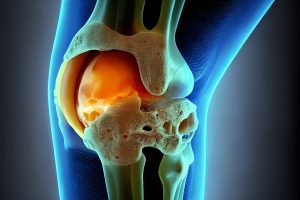
Bad news for Olympians headed to Paris — high levels of ozone pollution and grass pollen are likely during the upcoming games if hot, sunny weather prevails, researchers said. Ozone levels in Paris and its environs tend to exceed World Health Organization (WHO) recommended thresholds about 20 days per month between July and September, according to an analysis of air quality monitoring data from recent years. “Air quality in Paris during the summer can be characterized mainly by high ozone levels in the afternoon, especially on sunny and hot days,” concluded the research team led by Valerie Bougault, an associate professor with the University Cote d’Azur in Nice, France. Highly allergenic grass pollen will also be filling the air, although researchers noted those levels tend to fall between July and September. Researchers said they undertook the study to help Olympic athletes and spectators best prepare for the games. “By comparing these [air quality] levels with those in their area, athletes and spectators can see if they need to take steps to avoid or reduce their exposure,” the researchers wrote. “They can discuss this with their doctor and plan their activities to avoid the times and types of places where pollution is highest.” For the study, researchers analyzed air pollution readings from Paris and its suburbs taken between 2020 and 2023, as well as pollen counts… read on > read on >











.jpeg)




-150x150.jpeg)






-300x200.jpeg)










-300x182.jpeg)

-300x225.jpg)



